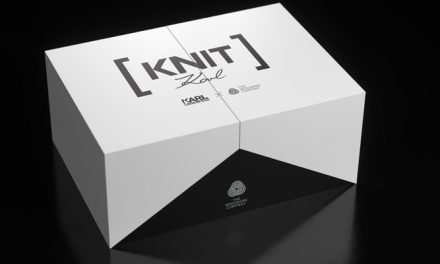
Scientists at the University of Toronto’s Rochman Lab are exploring how effective are washing machine filters at lowering the quantities of textile-derived microfibres that make their way into water treatment plants. In the next step, the university is now working with environmental charity Georgian Bay Forever on a two-year project for their research. The project will see filters fitted to around 100 domestic washing machines in Canada’s Ontario region. The researchers see filters as a low-cost solution to prevent as high as 89 per cent of microfibres from travelling onwards towards marine ecosystems, according to a report.
Microfibres are anthropogenic fibres less than 5 mm in length, many of which are microplastics. Widespread contamination around the world makes microfibres one of the most prevalent types of microplastics in surface water, soil, biota and atmospheric samples. Microfibres enter the environment from several sources, and one known route is through washing our clothing.
Studies show that a single load of laundry can release thousands of microfibres into washing machine effluent, and when washing effluent is carried to a wastewater treatment plant, some microfibres are released directly into aquatic ecosystems.
Lisa Erdle, PhD student at the institute, is investigating microfibre contamination in wild-caught fish from the Great Lakes and is studying the effects of microfibres when ingested by wildlife. She is also leading this pilot project.





















